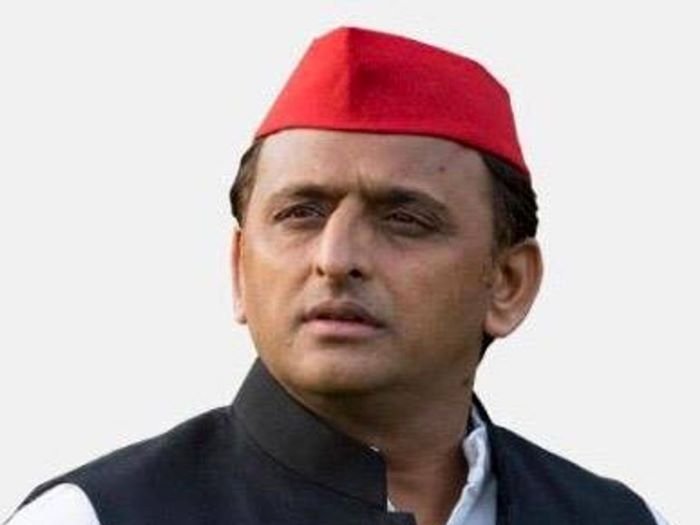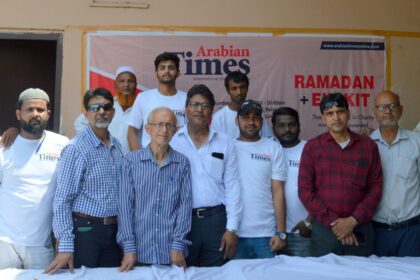
BY MOHAMMAD TARIQUE SALEEM
Samajwadi Party (SP) president Akhilesh Yadav recently made a scathing attack on the Bharatiya Janata Party (BJP)-led government, accusing it of perpetrating widespread injustice and atrocities across Uttar Pradesh and beyond. In a powerful statement, Yadav alleged that the BJP is falsely implicating innocent citizens in fabricated cases, misusing police and administrative machinery for political gains, and ignoring the pressing concerns of farmers, youth, and students. His remarks, coupled with a video posted on X showing a police lathi-charge on students in Barabanki, underscore the growing discontent with the BJP’s governance and its alleged assault on democratic values.
Yadav’s critique paints a grim picture of the state under BJP rule, where mob lynchings have claimed lives and the government’s desperation is evident in its heavy-handed tactics. “Injustice and atrocities have reached their peak,” he declared, pointing to the Barabanki’s recent incident as a stark example of the administration’s oppressive measures. The SP chief accused the BJP of engaging in systemic dishonesty, particularly during elections, to manipulate outcomes and suppress dissent. This, he warned, threatens the very fabric of democracy, the Constitution, and the fundamental right to vote.
Calling for a United Front against the BJP’s tactics, Yadav urged his party workers to strengthen booth-level operations ahead of the upcoming Assembly elections. Drawing lessons from the Lok Sabha elections, he emphasized the importance of meticulous planning and vigilance at every stage, voter registration, vote protection, casting, and counting. “To save democracy, we must be cautious of the BJP’s strategies,” he asserted, rallying SP leaders and supporters to work with unwavering dedication to ensure free and fair elections. His message resonates as a clarion call to protect the democratic process from alleged manipulation and coercion.
Beyond domestic governance, Yadav also took aim at the BJP’s foreign policy, particularly its handling of India-China relations. He accused the central government of failing to counter China’s growing influence over Indian businesses and trade, stating, “China can never be a friend of India.” This critique highlights broader concerns about the BJP’s inability to safeguard national interests, further fueling Yadav’s narrative of a government that has failed on multiple fronts.
The SP president’s remarks come in the context of a meeting with Ulema from various districts at the party headquarters, attended by key SP leaders, including national vice president Kiranmoy Nanda, national secretary Rajendra Chaudhary, state president Shyam Lal Pal, and Minority Wing leaders Maulana Iqbal Qadri and Mohammad Shakeel Nadvi. This gathering underscores the party’s efforts to consolidate support across diverse communities, amplifying its message of inclusivity and resistance against the BJP’s divisive politics.
Akhilesh Yadav’s fiery rhetoric and strategic focus on grassroots mobilization signal a robust challenge to the BJP’s dominance in Uttar Pradesh. By highlighting issues of injustice, administrative overreach, and electoral malpractice, he is galvanizing support for a movement to restore fairness and accountability. As the Assembly elections approach, Yadav’s call to strengthen booths and protect votes will be pivotal in shaping the political landscape, urging citizens to stand united against oppression and defend the democratic ideals that define India.










